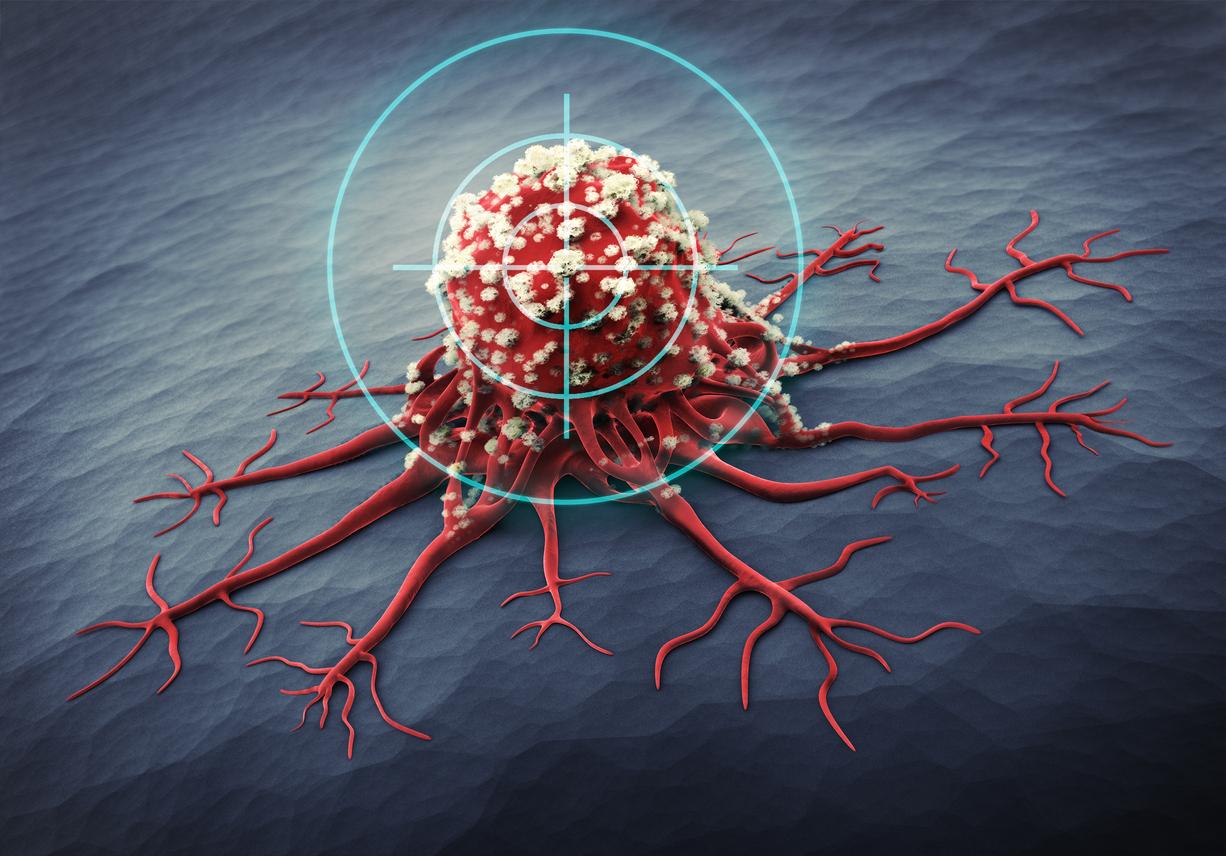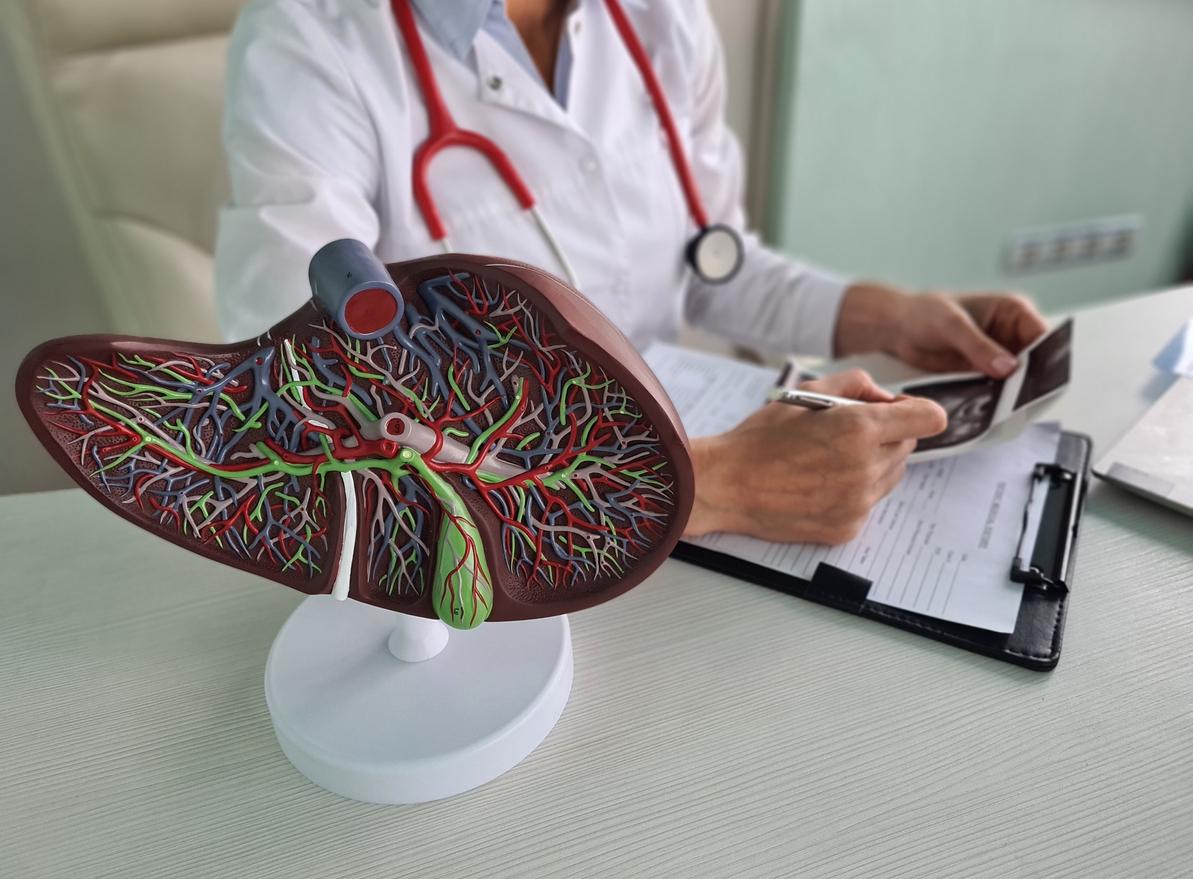
Food for your immune system
Six different vitamins influence the resistance. Officially we have to say that these vitamins contribute to the normal functioning of the immune system, because that is the claim that the EFSA (European Food Safety Authority) has approved. How do these vitamins do that? For example, how do they ensure that you do not catch a cold?
Vitamin A
Vitamin A is known as anti-infection vitamin. This vitamin affects our immune system in two ways. The skin and mucous membrane cells (in the respiratory tract, gastrointestinal tract and urinary tract) are the first line of defense against infection. Vitamin A ensures healthy skin and thus ensures that this barrier remains intact. In addition, vitamin A has a central role in the production of certain blood cells (so-called T-lymphocytes) that are part of your immune system.
You can find vitamin A in liver, fish and butter. Fruits and vegetables contain beta-carotene, a precursor to vitamin A.
Vitamin B6
There is a link between a low vitamin B6 status and the occurrence of infections. Vitamin B6 strengthens the immune function, so we can simply have more before we get sick. A vitamin B6 deficiency leads to a reduced production of white blood cells (lymphocytes and interleukin-2). It is precisely those white blood cells that fight invaders. So eat enough meat, eggs, fish, grain products, potatoes and legumes. These are rich in vitamin B6.
Vitamin B11 (folic acid)
Folic acid plays a crucial role in the synthesis of the building blocks of DNA. That sounds complicated, but the bottom line is that folic acid has a positive effect on the production and response of cells in the immune system. What’s in it? Green vegetables, fruit, whole grain products and to a lesser extent in milk and milk products.
Vitamin B12
Vitamin B12 influences the immune system through its involvement in DNA formation and protein synthesis. The latter is the process by which proteins are made based on the information in the DNA. Vitamin B12 is found in meat and dairy.
Vitamin C
When you think of a resistance vitamin, the first thing you probably think of is vitamin C. And that’s not surprising because vitamin C influences various parts of the immune system. For example, on the functioning of white blood cells (lymphocytes, phagocytes and natural killer cells). In addition, vitamin C also provides the antibodies. Together they ensure a good immune system. You can find vitamin C in vegetables, fruits and potatoes.
Vitamin D
The conversion of the form of vitamin D that you ingest through food or sunlight to the active form of vitamin D in the white blood cells ensures so-called ‘cellular immunity’. This process is triggered by stimulating the production of an antimicrobial protein, which makes bacteria harmless. This reduces the chance that you will get sick.
What’s in it? Two-thirds of what you need in a day comes from sunlight, the rest is mainly in fatty fish (eg eel, salmon and mackerel). Vitamin D is added to margarine, low-fat margarine and baking and roasting products.
The whole year through
It is important to ensure a good intake of these vitamins throughout the year; this is how you build up the strongest defense line.
Sources):















